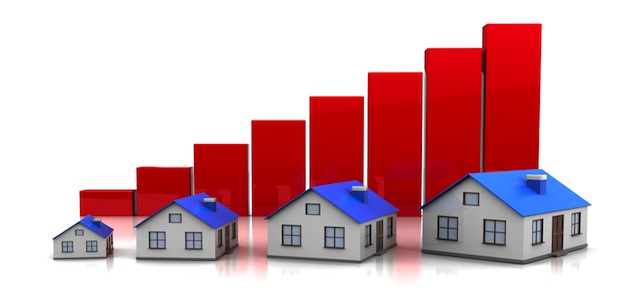How a city’s housing market fares amidst the COVID-19 pandemic correlates largely to the industries that fuel its economy, a recent report has found.
Home co-investment company Unison recently released its first Resilient and Vulnerable Cities report, in which it used data to predict which U.S. cities will likely see housing prices suffer. On the flip side of that, it also identified which cities will likely see housing prices stay stable or rise.
The report found that “resilient” cities have higher job concentrations in sectors like financial services and information technology, which have adapted to a work-from-home market environment. Job losses in those cities have not been as dramatic.
“Vulnerable” cities have high concentrations of jobs in sectors like retail, manufacturing, and hospitality. These cities have experienced severe levels of job loss due to the current pandemic.
Boston was ranked the most resilient U.S. city with numerous prestigious universities and hospitals among its top employers. It’s also home to some of the world’s largest insurance and investment management companies. Beyond education, healthcare, and financial services, Boston also has strong employment representation from biotech, technology, and government sectors, the report noted.
It was followed by Washington, D.C., and then New York City (its five boroughs) and San Francisco in terms of resilience.
Las Vegas was ranked most vulnerable. With the highest concentration of construction (7.7%) and leisure & hospitality (31.8%) jobs, Las Vegas leads all cities in at-risk sector employment share (62.6%) and is most likely to see the weakest home price performance, according to the report.
Las Vegas was followed by Miami, Detroit and San Diego in terms of vulnerability.
I hopped on the phone with Brodie Gay, Unison’s vice president of research, who said some of the cities were a surprise.
For example, “A big component of San Diego’s economy is very discretionary and tourist-related,” he said. “Some areas of the city are very resilient and some are very vulnerable, depending on the part of the city.”
But unsurprisingly, both Las Vegas and Florida have seen dramatic increases in COVID-19 cases. So it’s not shocking that the two – which also are very reliant on tourism – made the top four of most vulnerable cities.
Anecdotally, Gay pointed out that some of the more resilient cities also happen to be “ones that have the political freedom to deal responsibly with the pandemic.”
“Areas that are more vulnerable are areas where you have seen things open up prematurely,” he added.





